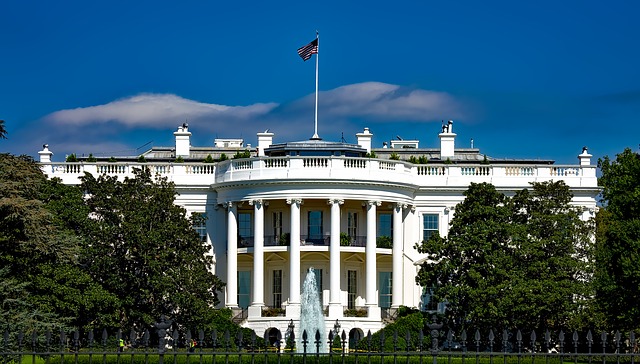Even though the federal government shutdown lasted 35 days, the effect on the skilled nursing financing landscape could last well into the spring and summer as officials work through the sizable backlog.
The Department of Housing and Urban Development was unable to endorse loans during the partial government work stoppage that lasted from December into late January, bringing the multi-billion-dollar lending program to a halt.
The endorsement process resumed when President Trump signed a temporary spending bill on January 25, and Monday saw news of a tentative agreement between Democrats and Republicans in Congress that would avoid a repeat impasse once the stopgap measure expires Friday at midnight.
While HUD and the Federal Housing Administration could still accept applications during the shutdown, the process remained frozen in time, and several lending experts who spoke Tuesday at the eCap Healthcare Summit — coincidentally held at the Trump National Doral hotel in Doral, Fla., just outside of Miami — said the delays could be lengthy.
Adam Sasouness, managing principal at the New York City-based Dwight Capital, said that even under ideal conditions, a HUD-backed loan can take four to eight months to close, depending on the individual deal and the speed at which the borrowers can produce the necessary documents.
“With the shutdown, even though it only lasted for 35 days, I suspect that it’s going to unfortunately have a much bigger negative impact on the duration that these loans will be sitting in the queue,” Sasouness said during a panel discussion about financing options in long-term health care. “It could potentially lead to an additional 60 to even 120 days for existing applications in the queue.”
Eric Lindenauer, executive chairman of HHC Finance, agreed, comparing the situation to a pile-up on the highway: The farther down the road from the accident, the longer it’ll take for traffic to start moving again.
“HUD is limited in their capacity, and we advise borrowers to be patient,” Josh Rosen, senior vice president at Capital One, said. “It will get done, but probably much longer.”
HUD loans have become a popular choice in the skilled nursing finance world in recent years, as borrowers flock to the vital non-recourse function of the government-backed products: Should the property enter foreclosure, the borrower can’t be on the hook for more than the current value of the property.
In fiscal 2018, for instance, the federal government endorsed 317 loans through the FHA’s Section 232 program for a total of $3.6 billion, or about $11 million per loan.
Non-HUD opportunities
But the slowdown on the government side — even if Washington finds consensus and avoids a repeat shutdown next week — could open opportunities for alternatives in the space, according to Ari Dobkin, managing director at Meridian Capital Group.
“In terms of what excites me for this year, I think my answer is going to surprise a lot of people: I think the government shutdown is going to be a big boon to my business,” Dobkin said.
He pointed to an increasing number of firms — including his own — that offer seven- to 10-year, fixed-rate loans as an alternative to longer-term HUD financing. While HUD loans typically lock in borrowers for 30 to 35 years, Dobkin pointed to research showing that many property owners under the program start seeking an exit around year 10, making the non-HUD options potentially attractive.
Dobkin also framed the shift as beneficial to all parties in the skilled nursing lending space, and not just Meridian: The more options investors and operators have, he reasoned, the better deals they’ll eventually find in the marketplace.
“Today, we’re dealing with more sophisticated capital people within the nursing home industry; having optionality is good for everyone,” Dobkin said. “A lot of people are starting to look at alternative options in the market.”
For instance, quick-turnaround deals don’t lend themselves to HUD, Lindenauer observed, making banks a potential option outside of FHA if expediency is key. But he also cautioned against jumping at the best rate if the bank in question doesn’t have experience in the skilled nursing space.
“I would just caution that there are banks that have been around and established in the health care world for many, many years, and then there are a lot of new banks who say: ‘This is a sexy product.’ You want to be careful about who you choose as your lender,” Lindenauer said, noting that some banks could enter and exit the space quickly, complicating a longer-term investment.
That said, even with the delays, the panelists emphasized the stability of HUD through industry upheaval, including the depths of the financial crisis in the late 2000s and early teens.
“Many banks exited, but HUD was still there,” Lindenauer said.
Companies featured in this article:
Capital One, Dwight Capital, HHC Finance, Meridian Capital Group



